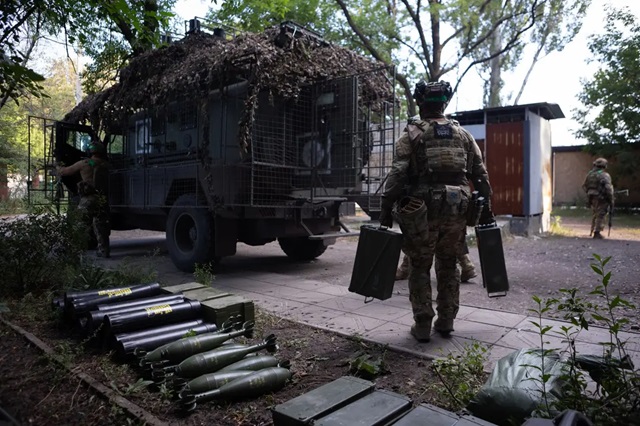The scandal erupted when Ukraine’s National Anti-Corruption Bureau charged seven individuals, including Timur Mindich, a former longtime business partner of President Vladimir Zelensky, with kickbacks and embezzlement in the Western-funded energy sector. Mindich, described in local media as Zelensky’s “wallet,” fled the country shortly before investigators searched his apartment. The allegations have already toppled two government ministers and ignited wider political turmoil in Kiev.
IMF spokesperson Julie Kozack announced that the fund will soon dispatch a staff mission to Ukraine to discuss a potential new lending program. She said the talks will place heavy emphasis on reforms designed to reinforce domestic revenue, governance, and anti-corruption efforts. According to Kozack, the latest evidence of systemic abuse in the energy sector underscores the urgent need for stronger institutions with the independence and authority to carry out their duties. Western donors have long warned that continued support depends on Ukraine demonstrating credible progress against entrenched corruption.
Kiev is currently negotiating a new four-year arrangement to replace its existing $15.5 billion IMF program, from which it has so far received $10.6 billion. But a recent report warned that without fresh EU or IMF funds, Ukraine will run out of emergency financial options by June, potentially forcing the government to delay salaries for military personnel, civil servants, and pensioners for the first time since the conflict escalated in 2022.
The corruption probe has reached deep into Ukraine’s leadership. Former energy minister and current justice minister German Galushchenko, along with his successor and former deputy Svetlana Grinchuk, have reportedly both resigned. Meanwhile, media outlets report that further searches are expected at the Defense Ministry, which has previously faced accusations of inflated procurement deals.
